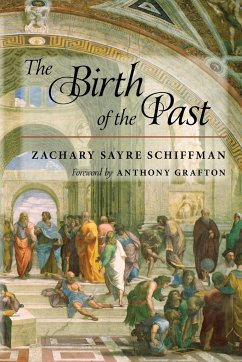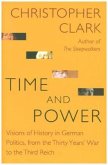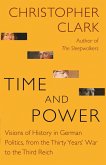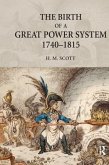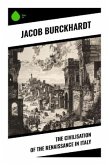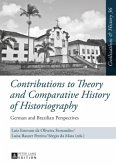How did people learn to distinguish between past and present? How did they come to see the past as existing in its own distinctive context? In The Birth of the Past, Zachary Sayre Schiffman explores these questions in his sweeping survey of historical thinking in the Western world. Today we automatically distinguish between past and present, labeling things that appear out of place as "anachronisms." Schiffman shows how this tendency did not always exist and how the past as such was born of a perceived difference between past and present. Schiffman takes readers on a grand tour of historical thinking from antiquity to modernity. He shows how ancient historians could not distinguish between past and present because they conceived of multiple pasts. Christian theologians coalesced these multiple pasts into a single temporal space where past merged with present and future. Renaissance humanists began to disentangle these temporal states in their desire to resurrect classical culture, creating a "living past." French enlighteners killed off this living past when they engendered a form of social scientific thinking that measured the relations between historical entities, thus sustaining the distance between past and present and relegating each culture to its own distinctive context.Featuring a foreword by the eminent historian Anthony Grafton, this fascinating book draws upon a diverse range of sources - ancient histories, medieval theology, Renaissance art, literature, legal thought, and early modern mathematics and social science - to uncover the meaning of the past and its relationship to the present.
Hinweis: Dieser Artikel kann nur an eine deutsche Lieferadresse ausgeliefert werden.
Hinweis: Dieser Artikel kann nur an eine deutsche Lieferadresse ausgeliefert werden.

